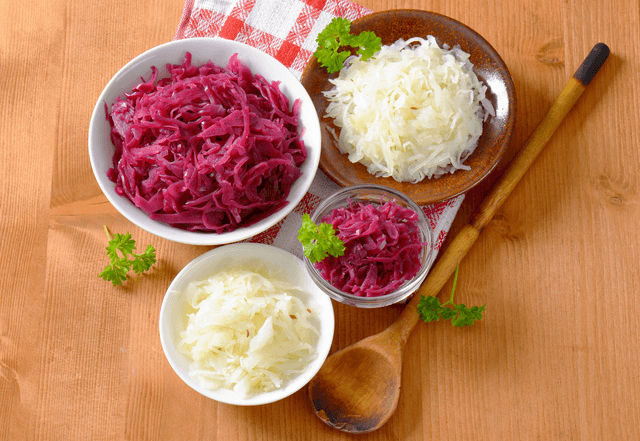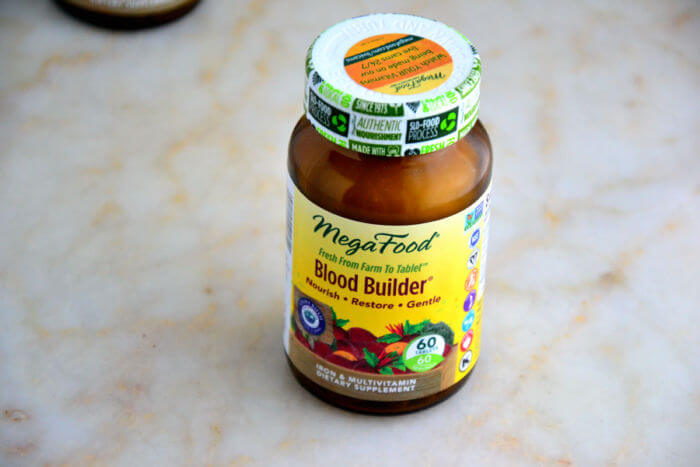Spotlight on K2: A Traffic Cop Nutrient!

| Abigail McShinsky | November 8, 2017 |
An Unsung Hero
While I hesitate to call today’s featured vitamin a “lesser-known nutrient,” the form that we’re going to discuss in this post has a small reputation but some big jobs to do, and it’s widely missing in our Western food supply. Unlike it’s counterpart, which is found in highest levels in leafy green vegetables, this nutrient can be much harder to get, and is found in fermented foods, egg yolks, butter from grass fed cows, and chicken liver.
We're talking about vitamin K, or more specifically vitamin K2. K2 supports our health in a variety of ways; read on to learn why we like to call it a Traffic Cop nutrient! :)
The Role of K
Vitamin K may be best known for its role in blood clotting, In fact, the vitamin was discovered by a Danish researcher who noted it’s ability to thicken the blood, and named it vitamin K after the the German word Koagulation (coagulation). We know today, however, the Vitamin K does more than just help our blood clot.
In fact, K2 (which we’re focusing on today) plays a vitally important role in Bone Health*. This is where the role of Traffic Cop comes into play.
As we age, we are often instructed to take calcium to maintain our bone health. As you can see, however, without adequate K2, the calcium may not end up where you want it. Yikes!
As the video also demonstrated, beyond acting as a Traffic Cop in the bloodstream helping to direct calcium to the bone, Vitamin K2 is also hard at work in the bones where it activates osteocalcin, which is a bone building protein that allows the bones to take in calcium*. So not only does the Traffic Cop help the calcium home, it also helps it get in the front door. Neat, right?
More than Bones Alone
K2’s role doesn’t end at bone health, however. This nutrient is also a key player in cardiovascular health*. In fact, a study conducted in the Netherlands with nearly 8,000 men and women over the age of 55, demonstrated that “high dietary intake of K2, but not K1, had a strong protective effect on cardiovascular health” (Fortify Your Life 141).
We tend to become more aware of the health of our bones and heart as we get older, and K2 can be a great partner in helping us meet our healthy aging goals. Doctor Low Dog recommends taking a multivitamin that contains Vitamin K each day, in addition to a diet rich in vitamin K foods. And while leafy greens are all the rage (rightfully so!) don’t forget those foods that contain K2 — fermented foods such as natto and sauerkraut, chicken breast, liver, or ground beef. As with any supplement, if you are on any prescription medications (especially blood thinners) please talk to your healthcare practitioner before taking any product containing vitamin K.
* This statement has not been evaluated by the Food and Drug Administration. This product is not intended to diagnose, treat, cure or prevent any disease.



Leave a comment
This site is protected by hCaptcha and the hCaptcha Privacy Policy and Terms of Service apply.